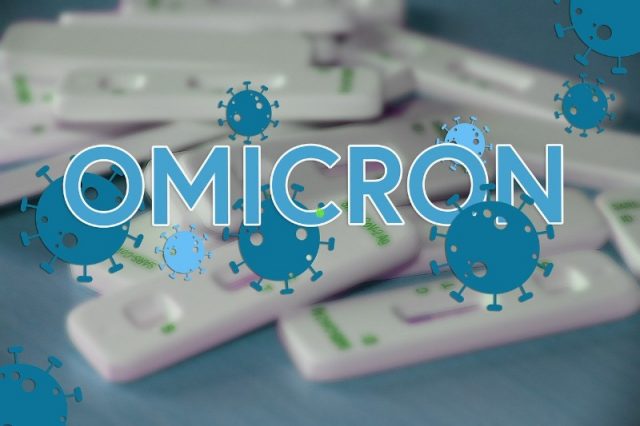“A variant that is milder than Delta does not mean it’s harmless.”
Melvin Sanicas, physician-scientist specializing in vaccines, made this statement following claims that the Omicron variant of COVID-19 causes milder symptoms.
“We are all busy so I will keep this short. #Omicron is not mild. It is MILDER compared to #Delta. A #variant that is milder than delta does not mean it’s harmless,” Sanicas said.
“It’s like saying Jared Leto’s Joker is less crazy than Heath Ledger’s Joker. They’re both crazy,” he added.
The physician also cited medical conditions among children that experts are not yet certain if Omicron might aggravate or cause.
“Are we sure that it does not cause Multisystem inflammatory syndrome in children (MIS-C) or pediatric inflammatory multisystem syndrome (PIMS)? Are we sure it does not lead to Long COVID or post-acute sequelae of COVID-19 (PASC)?” he said.
Sanicas also pointed out the impact of Omicron on the infected patients and the health workers treating them.
“OMICRON IS NOT TRIVIAL. Even if the variant is milder than Delta, the sheer number of people it infects might lead to more hospitalizations that can still overwhelm hospitals with healthcare workers having to isolate due to testing positive,” he said.
Sanicas urged the public to continue observing the public health protocols and get vaccinated.
“Stay safe. #GetVaccinated. Get a booster when it’s time. Continue following all #publichealth protocols. Wear an N95 or KN95 mask,” he said.
This statement came after an official from the World Health Organization announced that Omicron might be milder compared to other variants like Delta.
“We are seeing more and more studies pointing out that Omicron is infecting the upper part of the body. Unlike other ones, the lungs who would be causing severe pneumonia,” WHO Incident Manager Abdi Mahamud said in a briefing.
“It can be good news, but we really require more studies to prove that,” Mahamud added.
Some doctors and experts in other parts of the world pointed out that Omicron might be less severe to an infected person’s health, but the consequences of it to society are still bad.
They echoed Sanicas’ sentiments that Omicron should not be treated as “mild.”
“Mild” but hospitals overloaded.
“Mild” but healthcare workers burnt out.
“Mild” but thousands of flights cancelled.
“Mild” but no booster shots for kids in under-ventilated schools.
“Mild” brain damage.
“Mild” collapse of society.…“Mild” my ass.#COVID19 #Omicron #LongCovid pic.twitter.com/N2UzTaKMbc
— Eric Feigl-Ding (@DrEricDing) December 31, 2021
Hospitalizations: rising.
ICU admissions: rising.
Hospitals: In crisis, with many staff off sick.
Sure, Omicron may be less virulent. But the impact it is having on human suffering & our health system is anything BUT “mild”.
Stop. Calling. Omicron. Mild.
— Naheed Dosani (@NaheedD) January 2, 2022
Some members of the medical community in the country also previously similarly brought up online the grave effects of Omicron variant.
Their posts on the matter came in response to Fr. Nicanor Austriaco, a Filipino-American priest and molecular biologist, who commented that Omicron is a “blessing” and marks the “beginning of the end of the pandemic.”
“We have to realize that Omicron is the beginning of the end of the pandemic because Omicron is going to provide the kind of population immunity that should stabilize our societies and should allow us to reopen,” Austriaco said.
Physicians said the OCTA Research fellow’s remarks could be “irresponsible” or “dangerous.”
“Omicron is the most contagious variant yet of the SARS-COV2 virus. Don’t let anyone win you over with the narrative that is a cure-all, end-all, ‘vaccine.’ It’s still COVID,” physician Leonard Pascual said in response to Austriaco’s comments.
READ: Omicron as natural vaccine? Why OCTA Research fellow’s comments on variant could be dangerous










